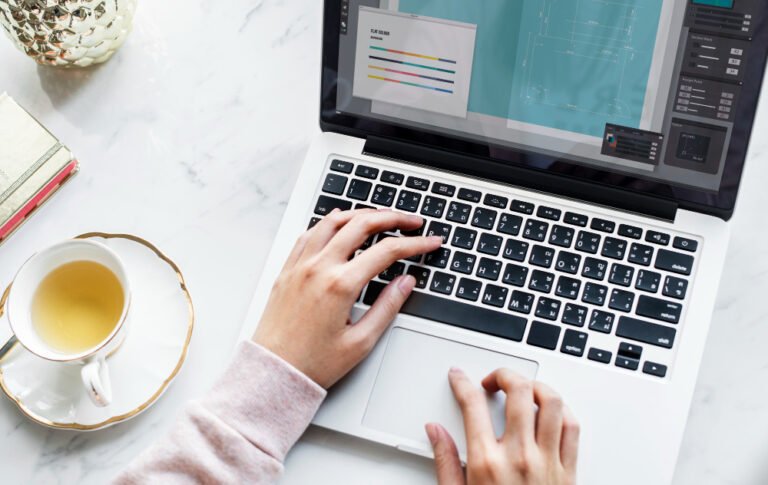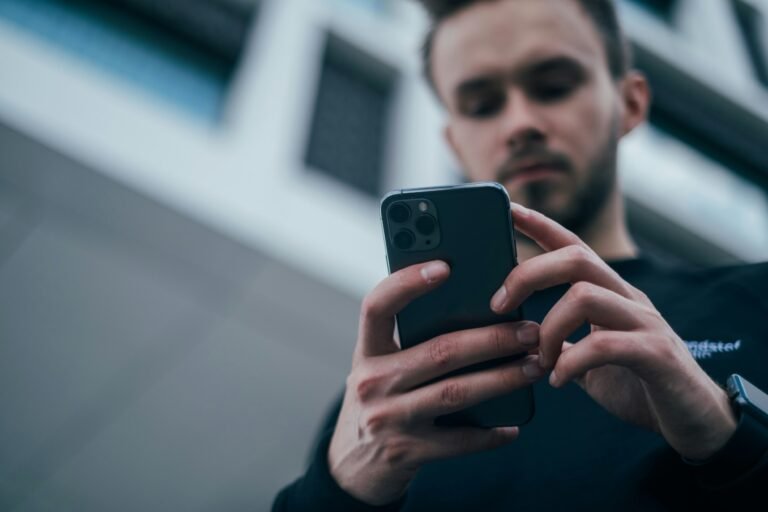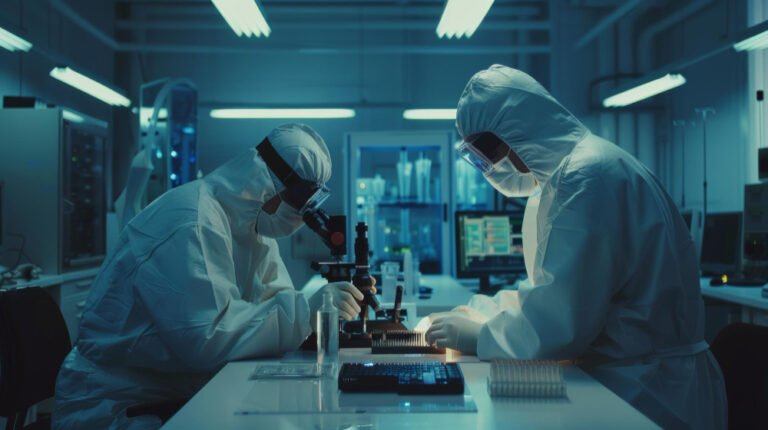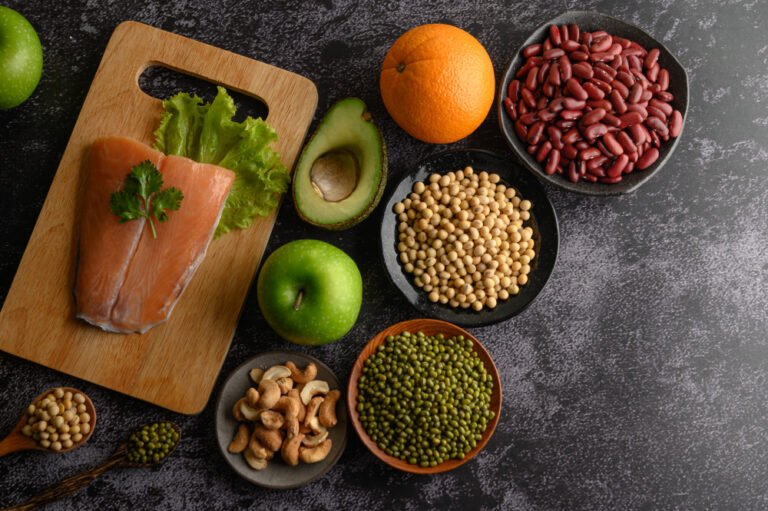How can AI be used to make the beauty industry more accessible to people with disabilities?
The beauty industry, with its vast array of products and services, has traditionally focused on aesthetics and personal care. However, for individuals with disabilities or specific needs, accessing these services and products can be challenging. The advent of artificial intelligence (AI) has opened new doors for making the beauty industry more inclusive and accessible. By leveraging AI technologies, the industry can cater to a broader audience, ensuring that everyone, regardless of their physical or cognitive abilities, can enjoy and benefit from beauty products and services. This article explores how AI can enhance accessibility in the beauty industry, highlighting innovative solutions and their impact.
Personalized Beauty Solutions
AI-Driven Skin Analysis
One of the significant challenges for individuals with disabilities is accessing personalized skincare solutions. Traditional methods often require in-person consultations, which may not be feasible for everyone. AI-driven skin analysis tools, such as those developed by companies like Olay and Neutrogena, use machine learning algorithms to analyze skin conditions through smartphone cameras. These tools can provide personalized skincare recommendations by analyzing skin tone, texture, and problem areas such as acne or wrinkles.
Customizable Makeup Products
For individuals with disabilities, applying makeup can be a daunting task. AI technology can assist by creating customizable makeup products tailored to an individual’s specific needs. For instance, AI-powered apps can analyze a person’s facial features and suggest the best shades and types of makeup. Additionally, companies like Mink and MODIFACE offer virtual try-on experiences, allowing users to see how different products will look on their faces without physically applying them.
Assistive Technologies for Makeup Application
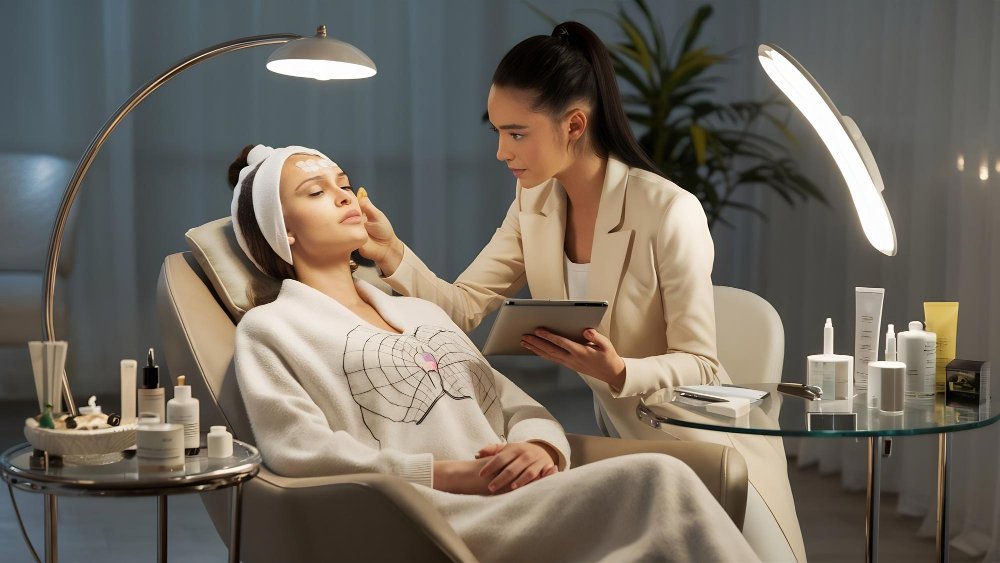
Voice-Activated Devices
Voice-activated AI assistants like Amazon’s Alexa and Google Assistant can be integrated into beauty routines to aid individuals with mobility impairments. These devices can guide users through makeup application steps, provide reminders for skincare routines, and even control smart mirrors and lighting for optimal makeup application conditions.
AI-Enhanced Mirrors
Smart mirrors equipped with AI can offer real-time feedback during makeup application. These mirrors, such as HiMirror, use facial recognition and augmented reality to help users apply makeup accurately. They can detect areas that need more attention and suggest adjustments, making the process easier for those with visual or motor impairments.
Inclusive Beauty Products
Adaptive Packaging
AI can play a crucial role in designing inclusive packaging for beauty products. By analyzing user data and feedback, companies can create packaging that is easier to open and use for individuals with limited hand mobility or strength. AI can also help in designing labels with larger fonts or braille for visually impaired users.
Sensory-Friendly Products
For individuals with sensory sensitivities, certain textures or scents in beauty products can be overwhelming. AI can assist in developing sensory-friendly products by analyzing data on user preferences and reactions. This ensures that products are gentle and pleasant for those with specific sensory needs.
Virtual Try-Ons and Consultations
Augmented Reality (AR) Try-Ons
AR technology, powered by AI, has revolutionized the way people try on beauty products. Virtual try-on apps allow users to see how different makeup products, hairstyles, and even nail colors will look on them without the need for physical samples. This is particularly beneficial for individuals who have difficulty visiting stores due to mobility issues or other disabilities.
Virtual Beauty Consultations
AI-enabled virtual consultations offer an inclusive alternative to in-person beauty consultations. Platforms like Sephora Virtual Artist use AI to provide personalized beauty advice and product recommendations. Users can interact with beauty experts through video calls, making professional beauty advice accessible from the comfort of their homes.
Training and Education
AI-Powered Tutorials
AI can enhance beauty education by providing personalized tutorials tailored to an individual’s learning style and abilities. Platforms like YouTube already offer countless beauty tutorials, but AI can take this further by creating interactive and adaptive learning experiences. For instance, AI can analyze a user’s progress and offer real-time feedback and tips to improve their techniques — a level of customization similar to how an AI music generator creates personalized compositions based on user preferences.
Inclusive Beauty Training for Professionals
AI can also be used to train beauty professionals in providing services to clients with disabilities. Virtual reality (VR) and AI simulations can create realistic scenarios where professionals can practice and develop skills to cater to diverse needs. This ensures that beauty salons and spas are more inclusive and welcoming to everyone.
Role of Aiotechnical.com in Accessible Beauty
Aiotechnical.com is at the forefront of leveraging AI to make the beauty industry more accessible and inclusive. By developing and integrating advanced AI technologies, aiotechnical.com provides innovative solutions tailored to the needs of individuals with disabilities and specific requirements. Their contributions span various areas, including personalized skincare analysis, adaptive packaging design, and the creation of sensory-friendly beauty products.
Additionally, aiotechnical.com offers cutting-edge virtual try-on tools and AI-driven beauty consultations, enabling users to experience and select beauty products from the comfort of their homes. Through AI-powered tutorials and inclusive training programs for beauty professionals, aiotechnical.com ensures that the industry is equipped to meet the diverse needs of all clients. By prioritizing accessibility and inclusivity, aiotechnical.com is helping to transform the beauty industry into a more equitable and welcoming space for everyone.
Future of Accessible Beauty
The integration of AI in the beauty industry holds immense potential for enhancing accessibility and inclusivity. By leveraging AI technologies, the industry can break down barriers and provide personalized, adaptive, and inclusive beauty solutions. As AI continues to evolve, we can expect even more innovative applications that will further empower individuals with disabilities and specific needs to enjoy and benefit from the world of beauty.
The future of accessible beauty is bright, and AI is at the forefront of this transformation, making the industry more inclusive and equitable for all.
Conclusion
AI has the potential to revolutionize the beauty industry by making it more accessible to individuals with disabilities and specific needs. From personalized skincare solutions and customizable makeup products to assistive technologies for makeup application and inclusive product packaging, AI offers a myriad of solutions to ensure everyone can enjoy and benefit from beauty products and services. Virtual try-ons and consultations, AI-powered tutorials, and inclusive beauty training further enhance accessibility, providing a comprehensive approach to inclusivity in the beauty industry.
As technology continues to advance, the integration of AI will undoubtedly lead to even more innovative and inclusive solutions. By prioritizing accessibility, the beauty industry can create a more equitable environment where everyone, regardless of their physical or cognitive abilities, can feel confident and beautiful. The future of beauty is not only about aesthetics but also about inclusivity, and AI is paving the way for a more inclusive and accessible industry for all.


